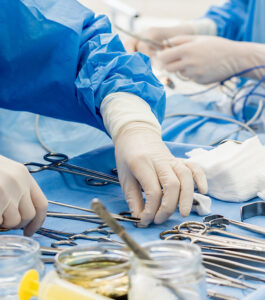Services
Contact
Don’t hesitate to Contact us
02 444 3002
24/7 Support for Your Pets

Diagnostics & Lab
Our veterinarians at Pure Life Vet Clinic use state-of-the-art diagnostic tools in our in-house vet lab to accurately diagnose your pet’s medical conditions and customize treatment plans specifically for your pet’s needs.
At Pure Life Vet Clinic, we use advanced tools to help accurately diagnose your pet’s medical issues. We offer a variety of services, from digital radiology and lab testing to our new ultrasound.
With our diagnostic imaging capabilities, we can efficiently produce accurate diagnostic information about your pet’s condition and provide immediate treatment options.
Our Diagnostic Services
With our in-house veterinary diagnostics lab, we are pleased to offer advanced diagnostic testing to allow our vets to provide an accurate diagnosis of your pet’s medical issues.
- Radiography (Digital X-rays)
- Ultrasound
- Lab Testing
- Bloodwork
- Idexx Snap Tests
- Fecal Exams
- ECG / EKG
- Digital Dental X-Rays
FAQ
Pet hospitals typically offer a wide range of services, including routine check-ups, vaccinations, surgeries, dental care, diagnostic testing (such as X-rays and blood work), emergency care, grooming, and boarding. Some pet hospitals may also provide specialty services like orthopedic surgery, oncology, and physical therapy.
While regular veterinarians can handle many routine issues and preventive care, you should consider taking your pet to a hospital if they experience a medical emergency, such as trauma, difficulty breathing, sudden collapse, severe vomiting or diarrhea, ingestion of a toxic substance, or any other life-threatening condition. Pet hospitals are equipped to handle urgent situations and often have staff available 24/7 for emergencies.
When selecting a pet hospital, consider factors such as location, hours of operation, available services, reputation, qualifications and experience of the veterinary staff, cleanliness and quality of facilities, and cost. You may also want to ask for recommendations from friends, family, or your regular veterinarian, and visit the hospital beforehand to get a sense of the environment.
During a visit to the pet hospital, your pet will typically be examined by a veterinarian, who will discuss any concerns or symptoms you have noticed and may recommend diagnostic tests or treatment options. Depending on the reason for the visit, your pet may receive vaccinations, medications, or other interventions. You'll have the opportunity to ask questions and discuss any necessary follow-up care. In the case of emergencies, treatment may begin immediately to stabilize your pet's condition.






